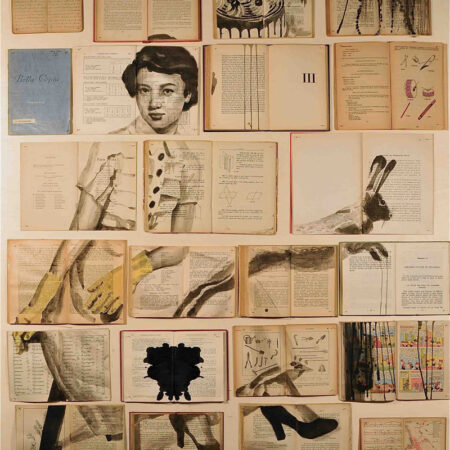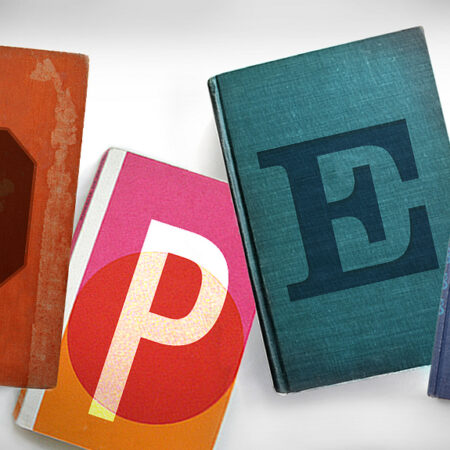Category: Ebooks
-
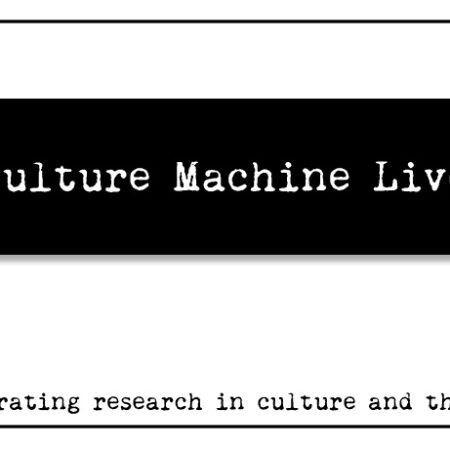
Recursive Historiographical Work and the Responsibility of the Historian: Adrian Johns
Culture Machine Live, a series of podcasts which consider a range of issues including the digital humanities, internet politics, the future of cultural studies, cultural theory and philosophy, is pleased to announce its latest episode: ‘Recursive Historiographical Work and the Responsibility of the Historian: Adrian Johns‘ http://culturemachinepodcasts.podbean.com/e/recursive-historiographical-work-and-the-responsibility-of-the-historian-adrian-johns-1428923430/ This interview with historian Adrian Johns by Janneke…
-

Technogenesis and Media Specific Analysis: N. Katherine Hayles
Culture Machine Live, a series of podcasts which consider a range of issues including the digital humanities, internet politics, the future of cultural studies, cultural theory and philosophy, is pleased to announce its latest episode: ‘Technogenesis and Media Specific Analysis: N. Katherine Hayles‘ http://culturemachinepodcasts.podbean.com/e/technogenesis-and-media-specific-analysis-n-katherine-hayles/ This interview with literary scholar N. Katherine Hayles by Janneke Adema…
-
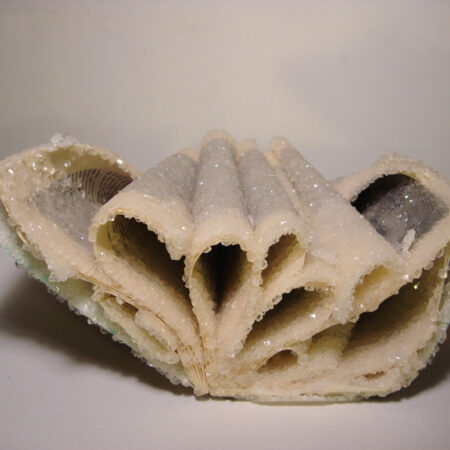
On Liquid Books and Fluid Humanities (part II)
Chapter 6 of my thesis explores both the discursive-material practices that have promoted the idea and use of the book as a fixed object of communication, as well as more fluid, flowing visions of information transmission that are commonly attached to digital forms of communication. It focuses on why it is that we cut and…
-
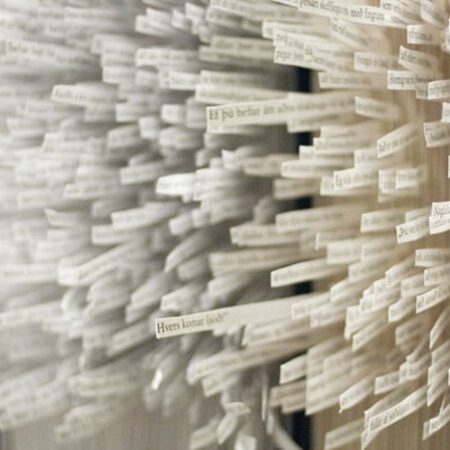
On Liquid Books and Fluid Humanities (part I)
Chapter 6 of my thesis explores both the discursive-material practices that have promoted the idea and use of the book as a fixed object of communication, as well as more fluid, flowing visions of information transmission that are commonly attached to digital forms of communication. It focuses on why it is that we cut and…
-
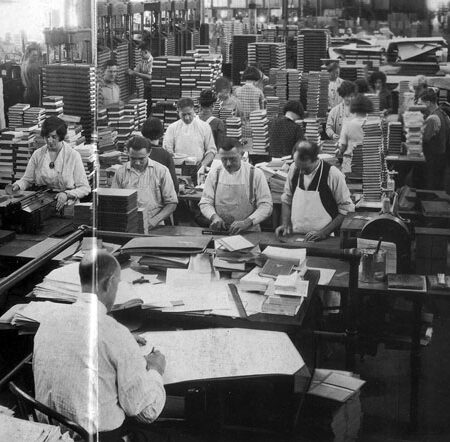
New Models of Knowledge Production. Open Access Publishing and Experimental Research Practices (Part I)
Chapter 5 of my thesis focuses on opportunities to intervene in the current cultures of knowledge production in academia and publishing, exploring efforts to rethink and re-perform the institutions surrounding the material production of the book, as well as our own entangled scholarly communication and publishing practices. I focus in particular in this chapter on…
-

The Monograph Crisis Revisited
Last week, on the 22nd of January, the report Monographs and Open Access, written by Geoffrey Crossick for HEFCE, was released. I would like to respond to the specific way in which the monograph crisis is described and represented in this report. I want to do so by emphasising the multiple dimensions as well as…
-
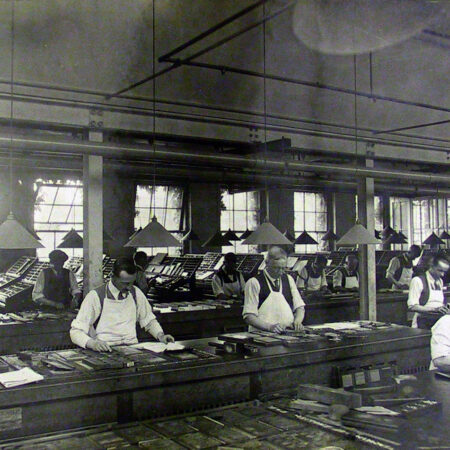
Narratives of Book Formation (Part II)
Chapter 4 of my thesis focuses on the genealogy of the (discourse surrounding) scholarly systems of material production and the book as commodity. You can find a draft of the second part of this chapter underneath. As always, any feedback is more than welcome. You can find part 1 here. For chapter 2 of my…
-
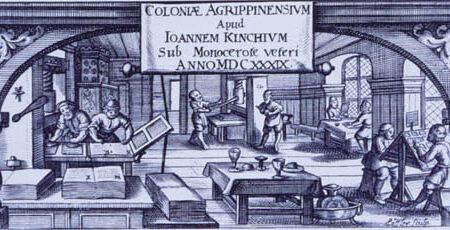
Narratives of Book Formation (Part I)
Chapter 4 of my thesis focuses on the genealogy of the (discourse surrounding) scholarly systems of material production and the book as commodity. You can find a draft of the first part of this chapter underneath, including an introduction to the 2nd section of my thesis, which also includes chapter 5, which I will publish…
-
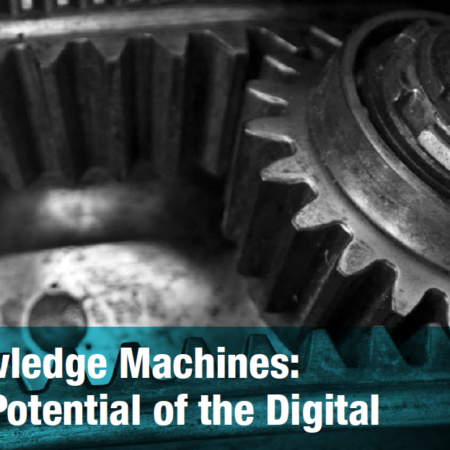
Knowledge Machines: Conference Report and Video Recordings now available
On the 27th of September of this year, the Centre for Disruptive Media teamed up with Kent’s TEEME programme to host Knowledge Machines: The Potential of the Digital. A Symposium on Alternative Practices for Humanities Research, at the University of Kent. A conference report is now available which you can find underneath. The video recordings of…
-

Critical Keywords for the Digital Humanities: Open Access
The Centre for Digital Cultures (CDC) at Leuphana University recently started releasing a collection of keywords (from post-media to copyfight), as part of its Critical Keywords for the Digital Humanities project. I was invited to submit a contribution on open access, which you can find underneath. All the keywords are available at the CDC website…

